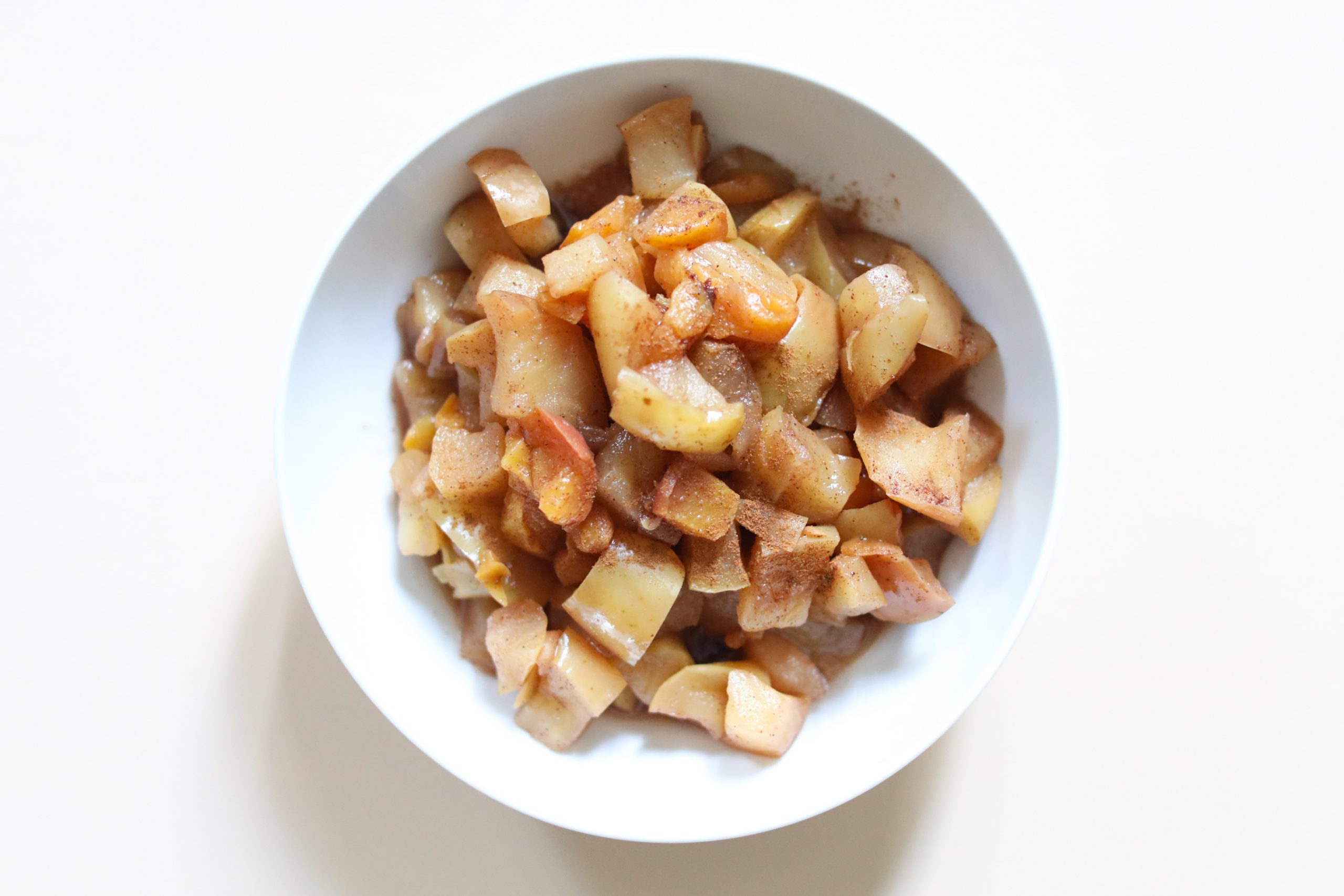Fiber is a crucial component of a balanced diet. A diet that is rich in fiber, derived from fruits, vegetables and whole grains can provide many health benefits, like decreasing the risk of suffering from heart disease or cancer.Does fiber make you poop ?
However, there’s a further advantage to eating fiber: it can help improve your colon health, which includes increasing frequency of stool.
If you experience occasional constipation, increasing your fiber intake can help to find relief.
Knowing how fiber benefits your health and what foods contain high levels of fiber will assist you in making the best food choices when you’re constipated.
In this post, I’ll discuss the various types of fiber and their effects on the digestive health of you.
I will also discuss the amount of fiber you should consume every day, and the times when you might want to consult an expert in healthcare for assistance in addressing your constipation or other digestive issues.
Different kinds of fiber
Fiber is an essential element of a balanced diet.
Fiber refers to the constituents of plant food (including fruits, vegetables, legumes, and even whole grains) that aren’t able to absorb or digest.
Since the body doesn’t digest fiber in the same way as it can digest proteins or carbohydrates, a lot all the fiber that we consume goes through our digestive tract without being broken down.
There are two kinds of fibers that are beneficial to our health in various ways:
Soluble Fiber Soluble fiber disintegrates in water and forms an emulsion-like substance. It is able to soften stool as well as lower blood cholesterol levels. It can also manage blood sugar levels and reduce the absorption of carbs from food. Many plant foods contain soluble fiber, which includes: the black bean, the lima bean avocado, brussels sprouts sweet potato, turnips, broccoli, pears and apples. Oats, oats, fruits, seeds, prunes as well as peas, nuts and citrus fruits such as carrots, barley, and psyllium.
Insoluble fiber Insoluble fiber won’t dissolve in water when it passes throughout the digestive tract however it draws water to the intestines thus increasing the volume and the softness of stool. In addition, it helps waste move more easily throughout your body, the insoluble fibre helps to reduce constipation as well as regulate bowel movements. Other health advantages of insoluble fiber include decreasing the chance of developing diverticulosis or hemorrhoids. Foods that are excellent sources of insoluble fiber are: whole wheat flour wheat bran, nuts and beans, as well as green beans, cauliflower cucumbers, potatoes, squash and tomatoes, as well as celery and seeds.
The majority of fiber-rich food items are excellent sources of both insoluble and soluble fiber.
Fiber and Digestive Health
Consuming fiber can have an impact directly on digestive health.
It influences the speed of food digestion, absorption of nutrients, as well as the movement of stool throughout the colon.
It also serves as a substrate where healthy intestinal bacteria could flourish.
One of the most frequent causes of constipation, or having difficulty getting regular bowel movements is the inadequacy of diet fiber.
A gradual increase in fiber intake may help ease occasional and even chronic constipation.
A consistent intake of fiber from your diet pattern may also aid in reducing the symptoms of irritable bowel syndrome.
Does fiber make you poop More?
Simply put the increase in your fiber intake can increase the frequency of stool particularly in those suffering from constipation.
This is due to the fact that increasing your intake of both insoluble and soluble fiber can improve the bulk and the softness of your stool, speeding the flow of you digestive tract.
However there are other signs of constipation including constipation-related diarrhea, poor stool consistency and painful defecation aren’t so much improved when you increase your the amount of fiber in your diet.
How Much Fiber Do I Need?
The majority of adults need between 25 and 31 grams of fiber per day.
The exact advice will depend on your age and gender.
It’s important to remember that if you’re beginning from an eating plan that is low in fiber it is recommended to gradually increase the amount of fiber you consume instead of all at once, in order to prevent unwanted side effects such as gassiness and bloating.
Men
Men aged 19-59 are advised to consume 38 grams of fiber in their diet daily.
Over the age of 50 should aim for around 30 grams of fiber each day.

Women
Women aged 19 to 59 ought to aim to consume 25 grams of dietary fiber each day. Women who are who are over 50 should aim for around 21 grams of fiber each day.
Incorporating sufficient amounts of fiber into your diet can help improve your colon health as well as stool frequency However, there are additional advantages.
Evidence suggests that an adequate daily intake of dietary fiber (from cereals and vegetables more than fruit) is linked to lower risk of dying from severe health issues such as respiratory and infectious.
The additional benefits of eating high in fiber can include weight-loss, improved satisfaction (feelings of fullness following eating) and a lower chance of dying from heart disease stroke, type 2 diabetes, stroke and colon cancer.
Are you concerned about your FIBER intake?
When is the best time to see a Medical Provider
Incorporating more fiber-rich foods in your diet could improve your health in many ways.
If you’re suffering from symptoms of constipation that are mild, including more fiber in your diet can be a great first step in your search for the best solution at home.
Gradually increase the amount of fiber you consume Drink plenty of fluids Avoid processed and fast foods to ensure that your bowels are regular once more.
However, changing your lifestyle or diet will not always be enough to ease constipation.
In the event that you’re experiencing constipation that’s persistent that doesn’t seem to go or go away, it’s vital to contact your doctor for assistance whenever you can.
In certain instances, persistent constipation may be an indication that something is more severe.
If constipation isn’t responding to a change in your diet fiber intake or other treatment be on the lookout for more serious symptoms.
If you notice any of these symptoms, you should seek medical attention immediately.
Stool blood
Stools made of black, tarry
Nausea
Slow reactions
Severe, persistent stomach pain





















Discussion about this post